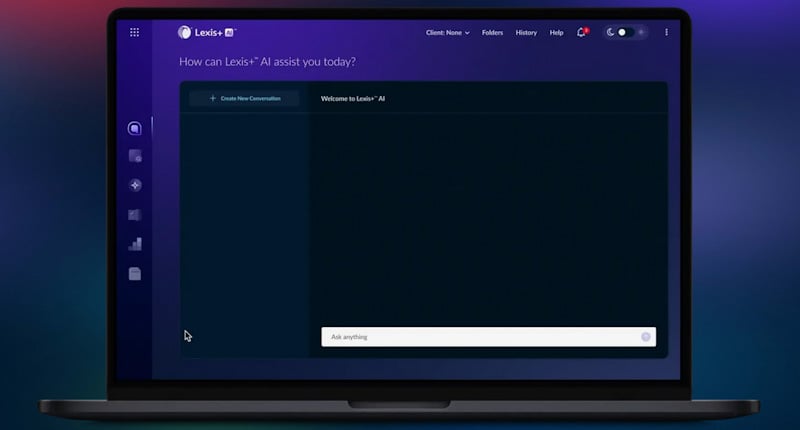Don't let the abundance of tech offerings paralyze you from picking what you need

Image from Shutterstock.
In the ever-evolving world of legal technology and cybersecurity, it can be overwhelming to determine the right platform or vendor for a firm. But it doesn't have to be.
Following the theme of “future-proofing your practice”, Sharon Nelson, president of Sensei Enterprises, and Jeff Richardson, partner at Adams and Reese in New Orleans, presented “Vetting Technology: Avoid Indecision Paralysis” at ABA Techshow on Friday.
For many, said Nelson, finding the right technology is “confusing” because it’s not what lawyer’s do—they practice law.
However, she noted that understanding technology is now the ethical standard in the majority of states, following the 2012 change to ABA Model Rule 1.1 on competence, which included a duty to “keep abreast of changes in the law and its practice, including the benefits and risks associated with relevant technology” in its comments.
While covering a plethora of technologies, the panel spent much of the hour on the need for security features like device encryption, two-factor authentication and mobile device management, which allows a firm to control, find and wipe clean mobile devices if they are lost or stolen. But their vetting process also works for case management and billing software or hiring a security audit or training firm, for example.
For those that don’t have the time to read the blogs, listen to the podcasts and stay up-to-date on every new tool or security feature, Nelson recommended hiring an expert to be a “bullshit filter” and cut through advertising language and slick sales pitches. She also noted that the endorsement from trusted colleagues is also a good way to vet technology, because “they don’t have a dog in the hunt.”
Once narrowing down the potential list of products, Richardson recommended reading the vendors’ websites to prepare for an informed conversation with sales people. And while most people don’t, Nelson said it’s incumbent on lawyers to read the terms of service to know exactly what the agreement contains.
“We’ve given away our souls, we’ve given away our first born,” she joked of the byzantine documents few people read before clicking “accept”. She added, in seriousness, “[terms of service] are binding you.”
Once settling on a new vendor or technology, Richardson said you can relax and congratulate yourself, but get ready to do it again. With technology and best security practices under constant revision, vetting current and new technology needs constant attention.
Nelson recommended an annual security audit for firms of any size, for example. She also noted that just because a piece of software is operable doesn’t mean it’s ethical to use. Pointing to Windows XP, she noted that Microsoft stopped running security updates for the operating system, making its continued use a vulnerability for a firm and clients’ data.
Beyond technology, regulations are changing as well. While American lawyers are well versed in medical and financial compliance laws, many are still learning the contours of the European Union’s 2018 General Data Protection Regulation, which can affect American firms.
While learning about and finding the right technology for a firm may seem onerous and beyond the scope of a lawyer’s job, it remains important.
“If you think compliance is expensive,” said Nelson, cribbing former U.S. deputy attorney general Paul McNulty, “try non-compliance.”
Follow along with our full coverage of ABA Techshow 2019.



